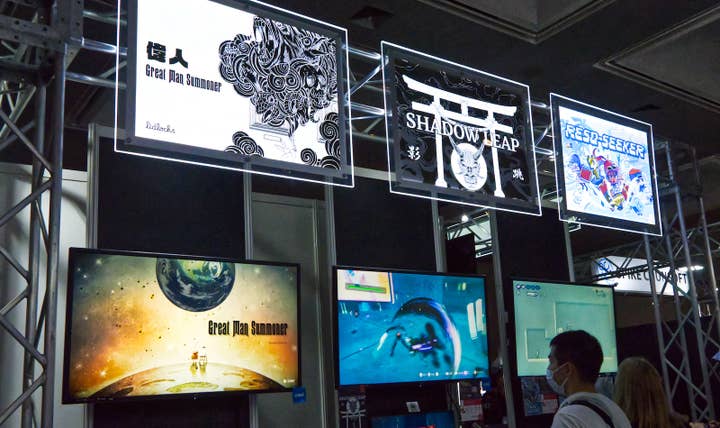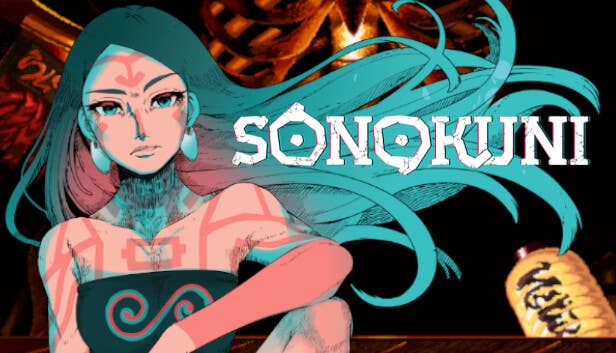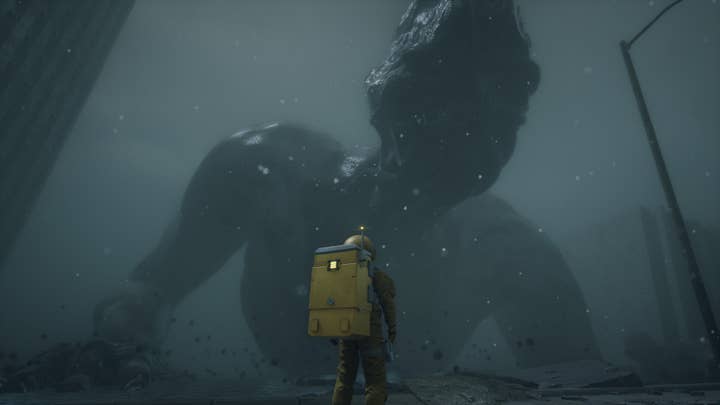Indie Game Incubator aims to introduce Japanese indie game developers to international markets
Thriving as an independent game developer is challenging. While some games gain widespread recognition and success, countless others never break even, despite creators dedicating years to their development.
Many aspiring developers dream of success but often lack the experience or industry connections to transform prototypes into market-ready games. Game incubators serve as a vital bridge across this chasm.
Initiatives like the MENA Hero Project and NYU Game Center Incubator aim to nurture small projects into fully developed games, linking creators with industry experts and potential investors. These programs frequently provide resources such as workshops and funding to aid developers in refining their projects for a successful launch.

In regions where the indie gaming community is still emerging, incubators can catalyze industry growth, elevating the local gaming scene to a larger platform. As Japan’s indie game industry expands, support systems for creators are becoming more prominent.
Formed in 2021, the Indie Game Incubator is a collaborative effort led by Marvelous Entertainment, Ludimus, and Head-High—established by indie creator Takaaki Ichijo. Alongside managing the Indie Developers Conference, they also maintain the website indiegamesjp.dev for Japanese indie gaming news.
"The Japanese development community is very invisible from an international perspective"Sho Sato
This incubator, lasting six months, includes workshops and mentoring sessions, along with a publishing event to introduce developers to publishers such as Room6, Devolver Digital, and TinyBuild. It also helps developers overcome language barriers that often hinder Japanese games from achieving international success.
Sho Sato, CEO of Ludimus, remarks that these language obstacles played a crucial role in forming this Japan-centric incubator. "Most Japanese developers can't speak English, making it difficult for them to apply for many international programs," he explains. "The Japanese development community remains largely unseen on the international stage."
The incubator plans a demo day in Shibuya, where around 30 publishers, including TinyBuild and notable Japanese and Chinese publishers, will attend, along with 70 more online.
Currently supporting its fourth batch of games, the Indie Game Incubator has already witnessed success in its earlier cycles. For instance, Ninja or Die, initially part of the incubator, was later released by Marvelous, and NeverAwake, published by Phoenixx, secured the Best Game award at the 2022 Bitsummit in Kyoto. Death The Guitar, from the third wave, received the same accolade in 2023.
In 2024, Sonokuni, a rap-inspired action game, won awards for sound design and was recognized by media sponsor VGC. It will be published by Kakehashi Games.

Moreover, the incubator fosters a renewed sense of self-assurance among developers. For example, Kotake Create participated with Strange Shadow, fine-tuning the game over six months before moving on to other ventures like The Exit 8, a Tokyo subway simulator with a suspenseful twist that gained viral attention.
Although direct financial support isn’t offered, the program does boast approximately 400 hours of lectures and mentoring within its six months. It also allows developers to present their work at prominent events like Bitsummit.
An added initiative is So-Fu, which focuses on games further into development stages. It was established in 2022 by the Indie Game Incubator with the Japanese Ministry for Economy, Trade, and Industry, expanding from its original focus on film projects.
"Around four or five years ago, there was little interest from the Japanese government in supporting creators"Sho Sato
So-Fu represents a significant shift, with the Japanese government now supporting indie gaming, a move influenced by the Keidanren proposal advocating for greater governmental support.
The proposal addresses the need to diversify and amplify Japanese creative industries globally, suggesting investments in creators akin to initiatives in Sweden that offer co-working spaces and educational support.
So-Fu’s roster includes diverse genres, with CitalesGames' Witch the Showdown targeting a 2025 release on PC and console, and Don Yasu Crew's Rizdebi blending card strategy and rhythm gaming elements.

A role in supporting this initiative is played by Samantha Low, who is appointed as a mentor to aid developers through So-Fu. Low stated their enthusiasm for helping indie game developers gain further recognition.
"Japan has many talented independent game developers. I hope this can be one more initiative that will help to cultivate that spirit"Samantha Low
As Japan's indie gaming space evolves, the combination of government-backed programs and platforms like the Indie Game Incubator and So-Fu could play a pivotal role in advancing local talents onto the global stage.
With more publishers entering the scene and events like Bitsummit drawing increased attention, sufficient support through funding and mentorship could provide the nudge needed for these games to achieve international success.